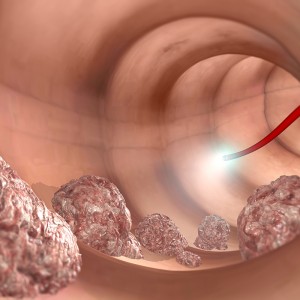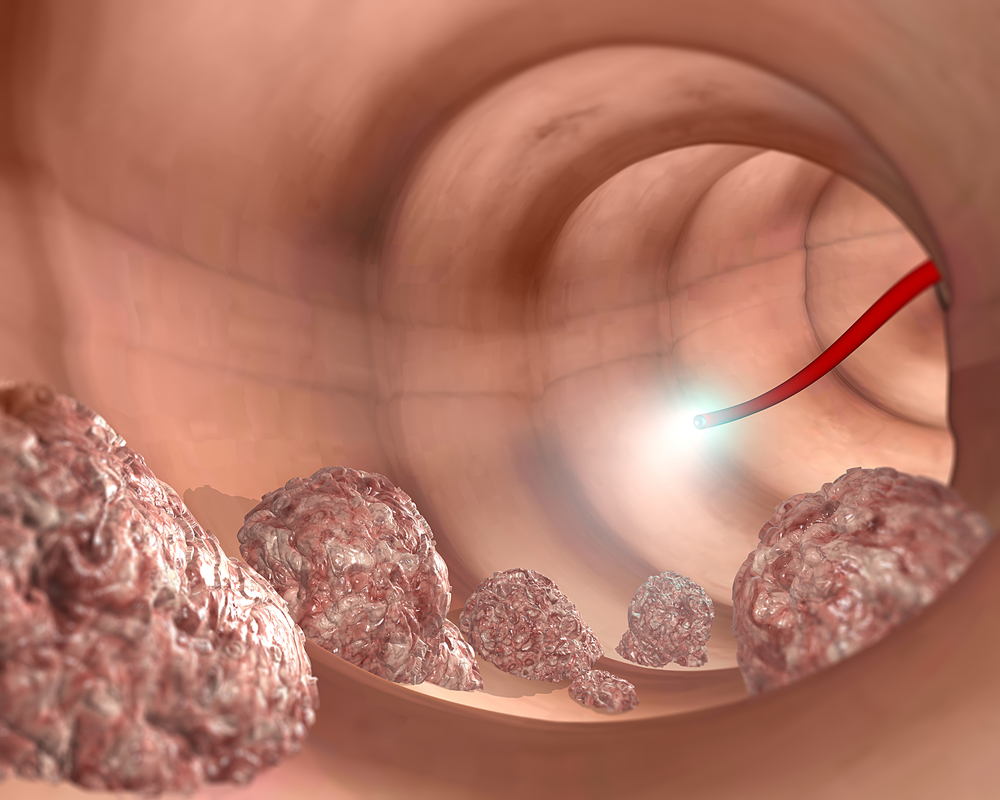 A group of cancer researchers from Keck Medicine of the University of Southern California (USC) have managed to trace the origins of colorectal cancer cells, finding important clues that could explain why tumor cells become “good” or “bad.” The study is titled “A Big Bang model of human colorectal tumor growth” and it was published in Nature Genetics.
A group of cancer researchers from Keck Medicine of the University of Southern California (USC) have managed to trace the origins of colorectal cancer cells, finding important clues that could explain why tumor cells become “good” or “bad.” The study is titled “A Big Bang model of human colorectal tumor growth” and it was published in Nature Genetics.
Scientists used a “Big Bang” model of human colorectal cancer growth very similar to the known “Big Bang” theory used to explain the origin of the universe, which hypothesizes that the universe started from a single point and exploded outward. The study was led by Dr. Darryl Shibata, a professor of pathology at the Keck School of Medicine of USC and Christina Curtis, professor of genetics and medicine at Stanford University and of preventive medicine, Keck School of Medicine of USC.
“It’s like going back in time. The history of each tumor is written in its genomes. To prevent tumors, you want to see what happened early on and how to stop their first cell divisions,” said Dr. Shibata in a press release.
Through sample collection from opposite sides of colorectal tumors, scientists were able to reconstruct the first divisions that corresponded to the moment when tumors were too small to even be detected. A burst of new mutations characterized the beginning of abnormal tumor proliferation. “Moreover, even from the start, many cancer cells expressed the abnormal mobility or intermixing of cells that would allow them to eventually invade and metastasize in the body,” the authors explained. On the other hand, tumor cells that went on to form benign adenomas did not intermix, which indicates that some tumors are “born to be bad.”
Unveiling which tumors will be deadly and which ones will be harmless is the key to making better decisions about surgery and tumor removal, Dr. Shibata noted.
Future research should aim to explore what actually happens at the genesis of the tumor cells Curtis and Shibata are studying. Additionally, Dr. Curtis will assess if other types of cancers also have the same behavior as colorectal cancer cells.


